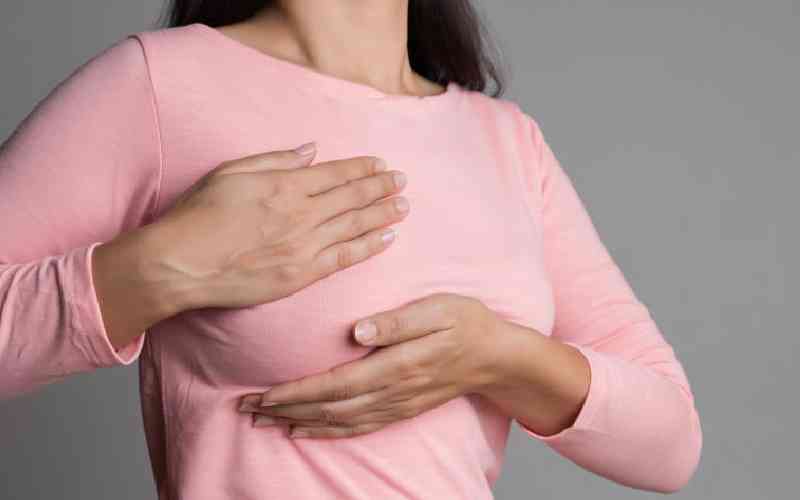
Say Cheese
You’ve probably heard them listed over and over — the foods that are a bad for your teeth. Do you know which ones can improve your dental health?
Our teeth are what we eat, and today’s lifestyles have wreaked havoc on our dental health. Sugary snacks such as sweets, chocolate, cakes and biscuits, drinks such as fruit juice, soda, and spreads such as jam and marmalade have all spelt doom for the health of our teeth.
Even fruit juice that has no added sugar is a culprit because once fruit is blended, the sugars are released from the structure of the fruit, and can damage your teeth once they get into contact with them.
Most people know the foods that are bad for their teeth, especially all that is sugary, but do you know which foods are good for your teeth? Eve Woman spoke to Dr. Mitchell Kisia, a dentist Nairobi Premier Dental Clinic, who gave us some insight into how to practice “preventive dentistry.”
Here are five foods that should replace those sweets and ice-cream with to preserve our pearly whites.
1. YOGHURT
“Yoghurt has lots of ‘good’ bacteria which act to neutralize the effect of harmful bacteria especially in your gum region,” says Dr. Kisia.
He explains that yoghurt has high calcium content which is also beneficial to your teeth. “Teeth are practically made of calcium,” he says. However, as you indulge in this comfort food, indulge with caution, as not all yoghurt is created equal.
“Preferably take the plain ones with no sugar additives because you might get the opposite effect,” says Kisia.
2. CHEESE
The making of cheese goes back 4,000 years but a Euromonitor report indicates that it is only just gaining popularity in Kenya. This is good news because eating cheese can help your teeth stay camera-ready (say cheese!), keeping them strong and white.
“It basically raises the pH of your saliva, making it an unsuitable environment for bacteria to live in, which reduces the risk of decay,” says Dr Kisia. Just like yoghurt, cheese also contains a high calcium content required for strong tooth enamel.
3. APPLES
An apple a day keeps the dentist away, but did you know that apples are also known as nature’s toothbrush? The strong pulp in apples stimulates the gums to produce saliva. Apples also have naturally occurring fruit acid knows as malic acid, which cleanses the teeth, in addition to condensed tannins whose properties may help prevent gum disease.
Eat apples without peeling them because the fiber in the skin is essential to ensuring that the acid works well.
This slightly acidic nature of apples however means that leaving the sugar and acid on the teeth for too long will cause tooth decay, as the loosened plaque will again bind itself to the teeth, doing the opposite of what was intended. Therefore, one should ensure to at least drink water after eating the apple, or, even better, brush one’s teeth.
4. CARROTS
Apples and carrots seem to be peas in a pod, as apples are good for you for the same reasons that carrots are.
Steve Jobs’ biography reveals that he would go for weeks at a time eating the same food and nothing else, so one time he went on an apples-and-carrots-only diet.
His teeth probably became strong, but his skin also turned orange -something doctors confirm can actually happen if you eat too many carrots, though it is harmless.
Dr. Kisia reveals that carrots are natural abrasives. “Raw carrot has fiber which has a cleansing effect on the teeth. They also increase saliva flow hence reduce incidences of caries or cavities as the saliva rinses away bacteria and food remnants,” he says.
 The Standard Group Plc is a multi-media organization with investments in media
platforms spanning newspaper print
operations, television, radio broadcasting, digital and online services. The
Standard Group is recognized as a
leading multi-media house in Kenya with a key influence in matters of national
and international interest.
The Standard Group Plc is a multi-media organization with investments in media
platforms spanning newspaper print
operations, television, radio broadcasting, digital and online services. The
Standard Group is recognized as a
leading multi-media house in Kenya with a key influence in matters of national
and international interest.










